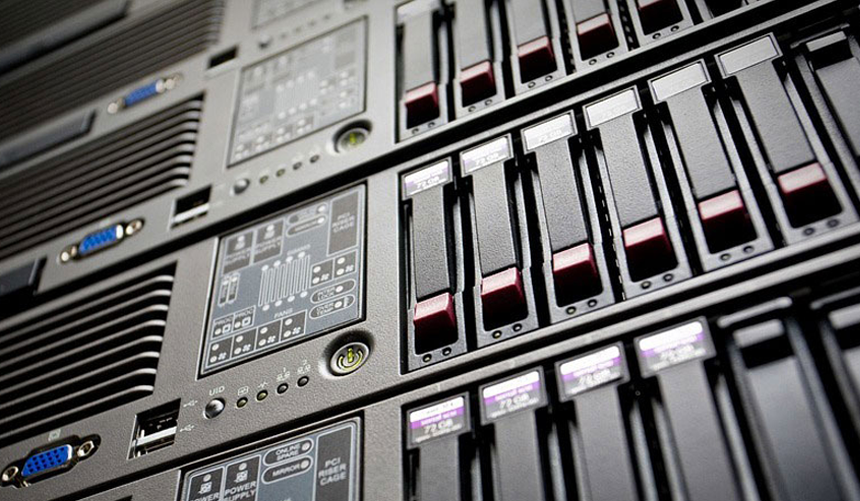Have you ever lost a lot of really important data? Or, alternately, have you ever had a moment of panic where you thought you did? Backing up your data regularly will help you to avoid the crushing feeling that comes with finding out that all your hard work and treasured memories are gone.
The Importance of Backing Up
Let’s face it, no matter how great your computer is, one day it’s going to wear out. That’s just the nature of any piece of hardware. Your local computer repair shop might be able to get the data off the drive, but then again, they might not. When you don’t back up, that’s the gamble you’re making.
Worse, the Internet is full of threats to the integrity of your data. Viruses and Trojans don’t just steal your data. In some cases, they erase. There’s also the growing phenomenon of ransomware. This is where a hacker puts a virus on your computer that encrypts your data. You then have to pay hundreds of dollars to have them unencrypt your data. If you’ve backed up your data, this is less of a concern. You can just wipe the hard drive and restore to your latest backup.
It doesn’t matter if you lose your data because of mechanical failure, a natural disaster or criminal malice, your data is gone. However, the data doesn’t need to be lost. You can back it up.
How to Backup Your Data
There are a ton of ways to backup your data. Each is going to have its own different procedures. Still, there are some general guidelines when it comes to making a good backup.
- Local Backups are any kind of backup where the storage medium is kept close at hand or in the same building as the source. It could be a backup done on a second internal hard drive, external hard drives, CD/ DVD –ROM or Network Attached Storage (NAS).
- Cloud storage offers a number of advantages over local storage. For example if your house is flooded your backup will likely be gone, unless you stored it in the cloud. Examples of cloud storage include Dropbox, OneDrive, and many more.
- The more places you have data backed up the better. Don’t feel like you have to pick between a locally stored physical backup and backing up in the cloud. Backing up both is your safest bet.
- Identify what you need to back up. For example, some of your applications might be stored in the cloud whether you realize it or not.
- Your documents are going to be the most important part of your backup. Take some time to organize your documents if they aren’t already. That’s going to make it easier to ensure that you’ve backed up everything that you need to.
- Backing up isn’t an “all or nothing” proposal. It’s a good idea to have a thumb drive on hand to back up recent important documents. Again, you want as many layers of backup as you can get.
The chances of losing all of your data in a disaster aren’t great, but they’re greater than zero. Backup is definitely one of those “better safe than sorry” type of things. It costs little and takes little time to do, but the cost of not doing it can be a lifetime of regret.


Comments are closed.